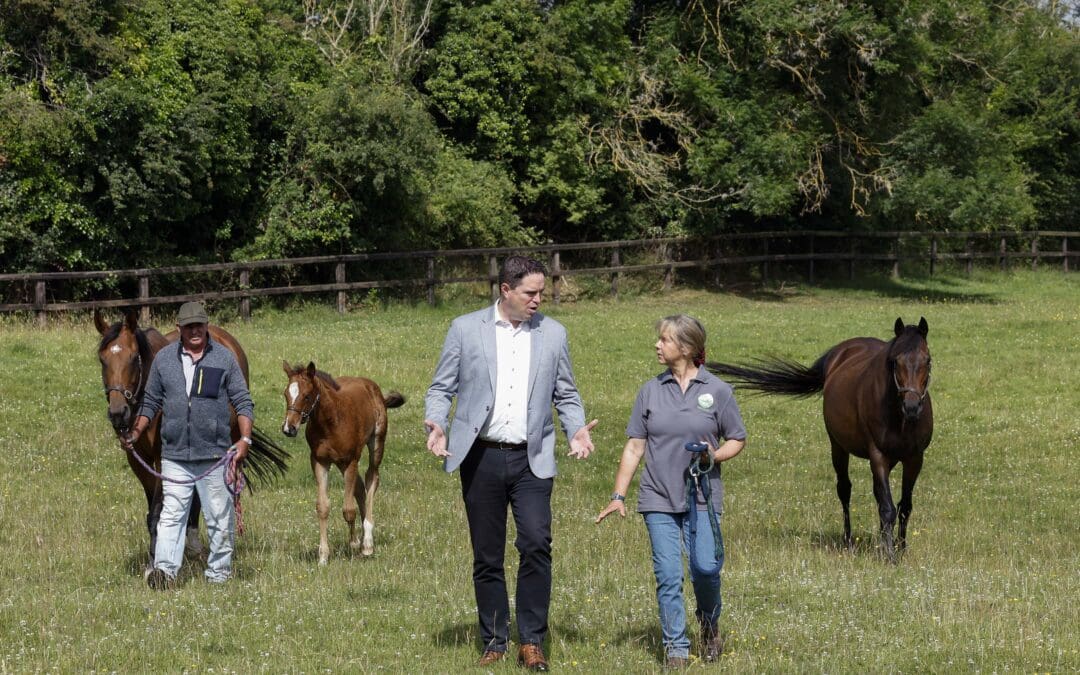Forests are crucial for environmental health and human well-being. They mitigate climate change by sequestering carbon, support biodiversity by providing habitats, and improve our quality of life by enhancing air and water systems. However, the use of petroleum-based plastics in tree plantations presents a paradox, undermining the ecological benefits of afforestation efforts.
Funded by the National Challenge Fund under the Health Environment for All Challenge, the Traceless Project aims to develop fully biodegradable tree supports. These innovative supports are designed with key features:
- functional durability for 3–8 years, breaking down naturally in ambient conditions;
- animal-repellent properties to protect young trees;
- controlled-release fertilizers to support healthy tree growth in infertile locations and areas near roads or riverbanks; and
- competitive pricing to ensure affordability. Seven prototypes—including big and small cables, clips, pins, and tree guards—were successfully developed and showcased at the National Ploughing Championships in Ireland in September 2024.
Led by Dr Yuanyuan Chen from the Technological University of the Shannon, Prof. Maurice Collins from the University of Limerick, and Maurice Ryan from Green Belt Forestry Company, the Traceless team is expanding with expertise from key collaborators. Dr Israel Ikoyi (University College Cork) contributes soil health and microbiology expertise, focusing on microorganisms, eco-toxicity, and soil nutrient dynamics. Dr Mario Culebras (University of Valencia) enhances controlled-release fertilizer formulations for sustainable nutrient delivery. Dr Anne Beaucamp McLoughlin (University of Limerick) oversees Life Cycle Assessment (LCA), Techno-Economic Analysis (TEA), and compliance evaluation, ensuring the project’s environmental and economic viability.Â
With data-driven evaluations from the Seed Phase, the Traceless Project is advancing into the Grow Phase in 2025. The next steps focus on optimizing product properties, including durability, biodegradability, and functionality, while developing a comprehensive commercialization plan. These efforts aim to align afforestation initiatives with Ireland’s sustainability goals and establish a global benchmark for green innovation.
Learn about other innovations in the Irish rural sector by clicking here.






